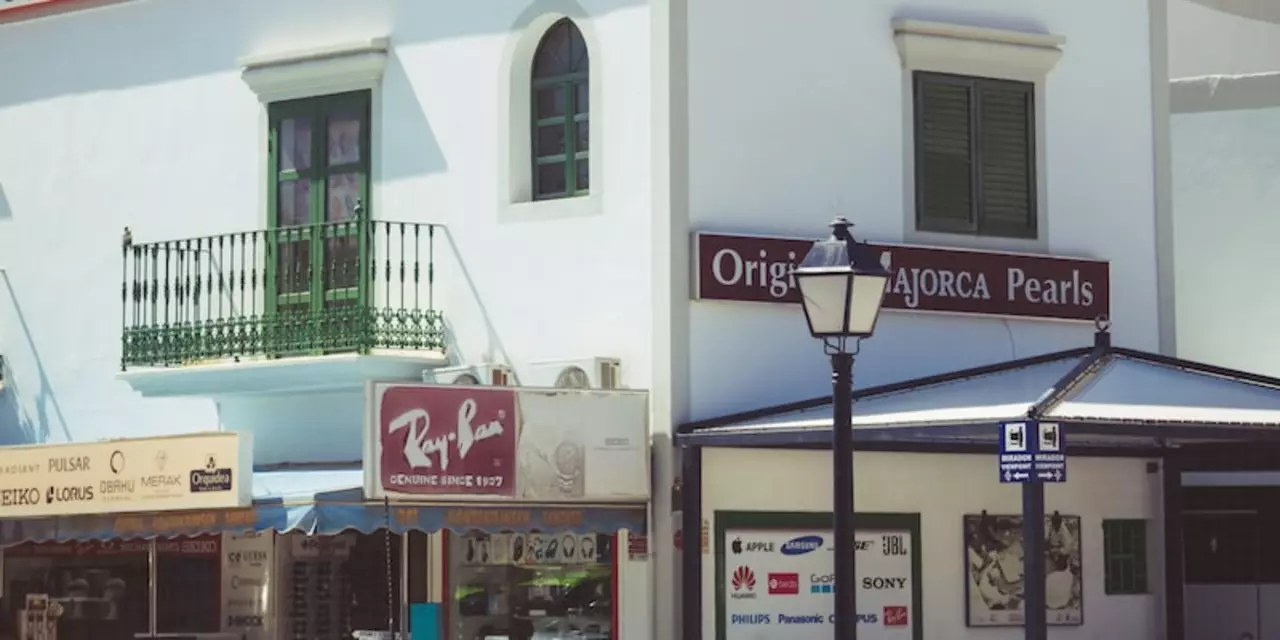Spain’s Automotive Industry – Why No Home‑Made Car Brand?
If you’ve ever wondered why you don’t see a Spanish badge on the roads, you’re not alone. Spain is the sixth largest car producer in Europe, yet it doesn’t have a globally‑known brand of its own. The answer lies in a mix of history, government policy, and market realities.
Early Focus on Agriculture, Not Cars
At the turn of the 20th century, Spain’s factories were busy building tractors and harvesters. The country’s economy relied heavily on agriculture, so the industrial base grew around farm equipment rather than passenger cars. While neighboring nations were experimenting with motor vehicles, Spanish engineers were perfecting plows. That early choice set a trajectory that kept the auto sector small and dependent on foreign investors.
The 1970s Attempt and Its Fallout
In the 1970s the government tried to launch a national car brand, hoping to catch up with the rest of Europe. Funding was limited, and the technology gap was huge. The project never left the prototype stage because the factories lacked the tooling and the supply chain needed for mass production. By the time the plan fell apart, multinational automakers had already set up plants in Spain, attracted by cheap labor and a growing domestic market.
Today, you’ll find big names like SEAT, which is owned by Volkswagen, and a raft of foreign factories churning out models for the whole continent. SEAT is often mistaken for a home brand, but its designs, platforms, and even most of its leadership come from Germany. That’s why you still don’t see a purely Spanish badge on the road.
Another piece of the puzzle is infrastructure. Building a car brand needs more than a factory; it needs a network of parts suppliers, a strong R&D ecosystem, and solid logistics. Spain does have a great supply chain, but it’s largely geared toward serving the bigger OEMs that have set up shop. Those suppliers focus on components for Volkswagen, Renault, and others, leaving little room for a stand‑alone Spanish brand to develop its own tech.
Financial limitations also play a big role. Starting a car company costs billions, and investors are cautious about funding a venture that would compete with established global giants. The risk‑adjusted return just isn’t attractive unless the new brand can offer something truly unique—electric powertrains, autonomous tech, or a niche market. So far, no Spanish startup has managed to secure that level of capital.
What does this mean for car enthusiasts in Spain? It means the market is full of choices from brands around the world, often at competitive prices thanks to local production. It also means there’s room for innovation. A handful of electric‑vehicle startups are experimenting with boutique models, hoping to fill the gap left by the absence of a mainstream Spanish brand.
If you’re looking to understand the Spanish auto scene, focus on three things: the strength of foreign factories, the depth of the local parts network, and the emerging EV niche. Those areas give you a clear picture of why Spain produces a lot of cars but doesn’t sell them under its own flag.
Bottom line: history gave Spain a strong manufacturing base, but the early focus on agriculture, a failed 1970s venture, and the dominance of multinational OEMs kept a home brand out of the picture. The future might still hold a Spanish flagship if entrepreneurs can harness new tech and secure the funds needed to break the mold.
Why does Spain have no car brands?
In Spain, there are surprisingly no car brands, although it is the sixth largest car producer in Europe. This is because in the early 20th century, the country focused more on producing agricultural machinery, leaving the car industry to other countries. In the 70s, when the government tried to create its own car brand, it was unsuccessful due to financial and technological limitations. The lack of a Spanish car brand can be attributed to the country’s slow industrialization, as well as its focus on other industries. Spain also does not have the necessary resources to support a car brand, such as a strong automobile industry and a well-developed infrastructure.
